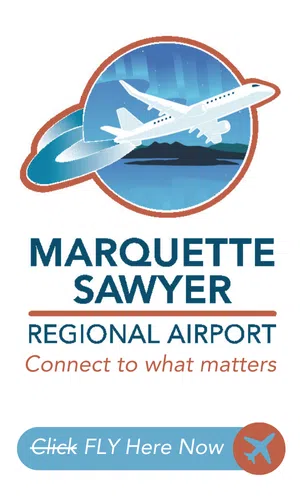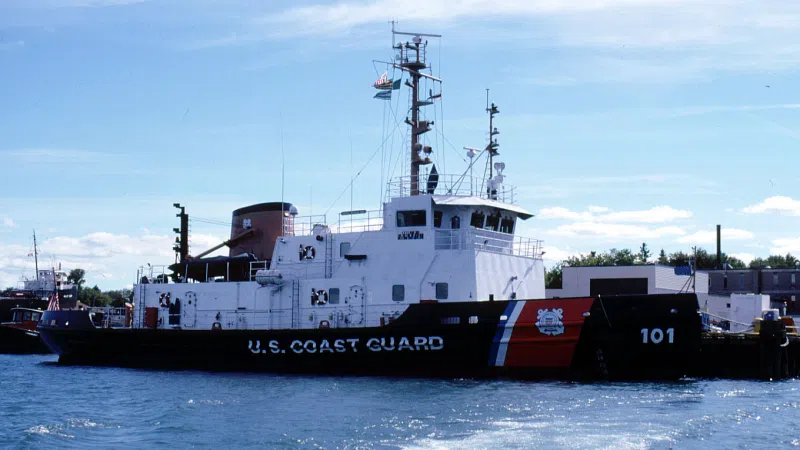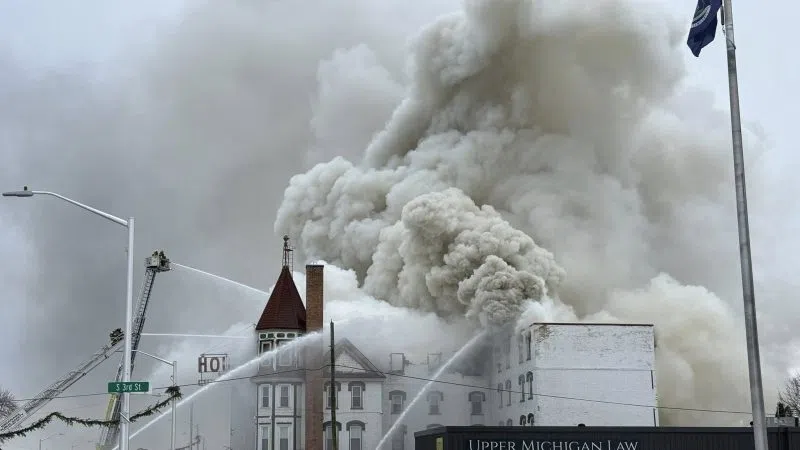Governor Gretchen Whitmer today announced a proposed investment of $105.8 million ($50.9 million state/$54.9 million federal) to modernize current facilities used by the Michigan Army National Guard (MIARNG) to address inequities that exist in the facilities provided to Michigan’s female service members. Governor Whitmer also proclaimed June 12, 2021, Women Veterans Recognition Day, honoring Michigan’s 44,700 women veterans and the many more brave women who served before them.
“Michigan women have put their lives on the line to serve our country for generations and it’s time they get the respect and recognition they earned,” said Governor Gretchen Whitmer. “While I am proud to declare June 12th Women Veterans Recognition Day, we need to make sure our women veterans have the year-round support to employment and educational opportunities, healthcare, mental health services and housing when they return home. With this proposed investment, we are also demonstrating to our female service members that we are serious about ensuring equity within our state.”
MIARNG has 37 facilities that will be improved with this investment. At the time many of these buildings were constructed, the structure and composition of the MIARNG force was primarily male and facilities like restrooms and showers were designed with that in mind. Today’s force is much more diverse and has nearly 1,500 women serving. However, very few of the facilities they use for drill and other activities have been updated to reflect their needs.
“It is a matter of fairness and equity that the state should embark on a mission to update these facilities to ensure parity with the facilities provided to male soldiers,” said Governor Whitmer. “Women are a growing segment of the population stepping up to serve our state and nation and the facilities available to them should match this commitment.”
This investment will not only provide for necessary improvements to these facilities, but it will also infuse critical dollars into communities across the state and provide local construction jobs.
“Michigan’s armories and readiness centers must be modernized and improved in order to address inequities that exist in the facilities provided to our female soldiers,” said U.S. Army Maj. Gen. Paul D. Rogers, adjutant general and director of the Michigan Department of Military and Veterans Affairs. “This investment would clearly demonstrate Michigan’s commitment to them.”
Women veterans represent the fastest-growing veterans population nationwide with more than 2 million women veterans or nearly 10% of the total veteran population. In Michigan, while women veterans made up just 7 percent of the veteran population in 2015, that ratio will more than double by 2045 when women veterans will account for 16 percent of the state’s veteran population.
“As a veteran, I have experienced many of the struggles our female members have faced,” said Zaneta Adams, director of the Michigan Veterans Affairs Agency and a U.S. Army veteran. “This proposed funding is a huge step in the right direction in identifying and correcting instances of gender inequality. While there is a Veterans Day for all veterans to celebrate, Women Veterans Recognition Day is to honor this often-forgotten group of veterans while raising awareness that women serve our country in many of the same capacities as their male counterparts.”
View the full proclamation here.
The proclamation, issued in coordination with a state Senate resolution sponsored by Sen. Winnie Brinks (D-Grand Rapids), is the latest critical step in recognizing and supporting women veterans who have been historically overlooked and underserved.
In 2020, the Michigan Veterans Affairs Agency (MVAA) launched “She is a Veteran,” a three-year campaign to recognize women veterans for their service, share their unique stories and ultimately connect them to the benefits and services they earned.
“This campaign has been important in telling the stories of women veterans,” said Erika Hoover, women veterans and special populations coordinator at MVAA. “Every story we share about our women veterans touches our community in so many ways. After hearing the stories, women are now identifying as veterans, reaching out for mental health services and seeking community and volunteer options. We have just scratched the surface and I am so proud to be doing this work.”
According to the U.S. Department of Veterans Affairs (VA), women veterans are facing numerous challenges. Among them:
- 1 in 4 women veterans responded “yes” when screened for military sexual trauma.
- More than 40 percent of women veterans in the VA system have been diagnosed with a mental health condition.
- A higher percentage of women veterans have a service-connected disability and live in poverty than male veterans.
- Women veterans are two to four times more likely to become homeless than non-veteran women.
- The suicide rate of women veterans is 1.8 times higher than that of non-veteran women.
Despite these challenges, women veterans have become four-star generals, commanded ships and run major components of the VA. As women become a bigger part of the veteran population, advocates say there must be continued efforts to remember, recognize and support their service.



























Comments